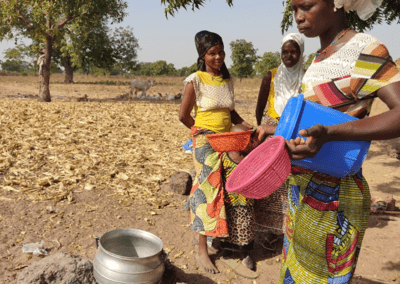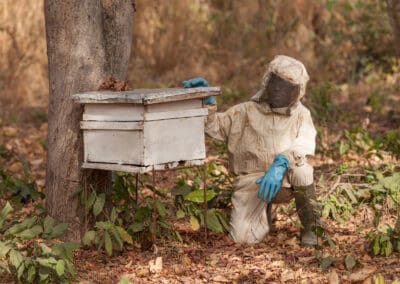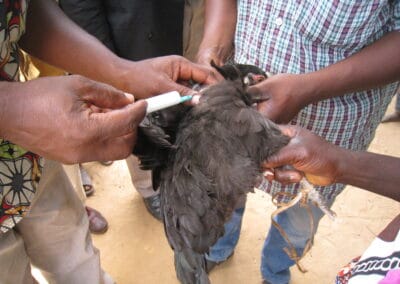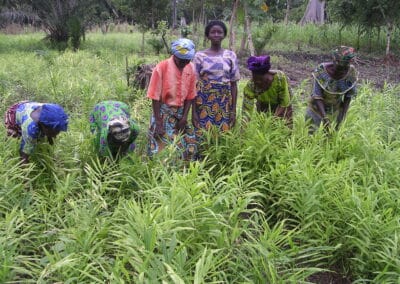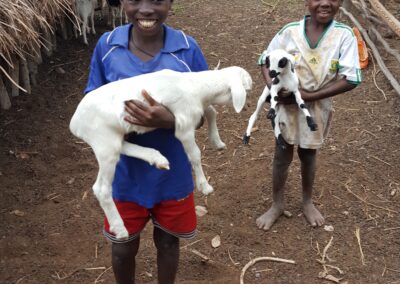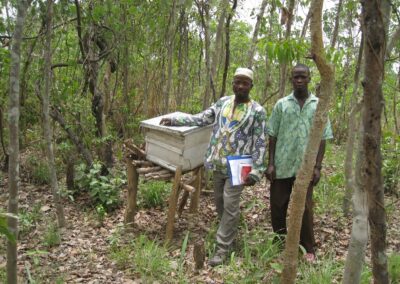Improving food security through livestock and social entrepreneurship
Project Overview
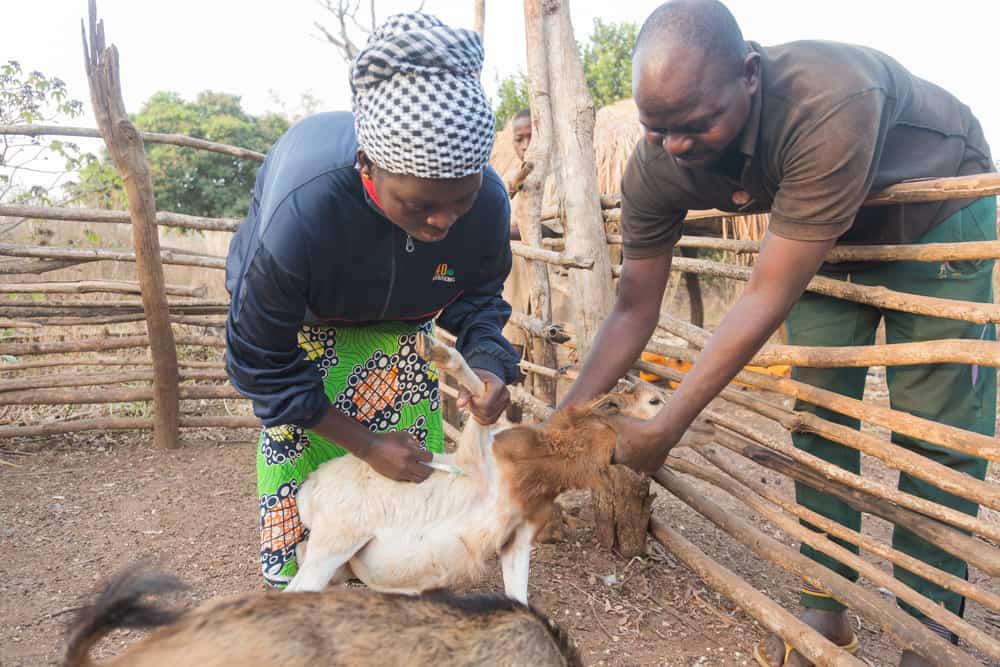
Country
Togo
Project name
SALVES
Duration of the project
| Start: | 01.01.2020 |
| End: | 31.12.2022 |
| 36 months |
Budget
Financed by
-
Lottery funds of the cantons of Berne, Aargau, Graubünden, Glarus and Obwald
-
Canton of Basel-Stadt
-
Cities of Lancy, Pully and Onex
-
Communes of Bottmingen and Küsnacht
-
Greendale Charitable Foundation
-
Rotary Club Saanen
Partners
- ETD (Entreprises et Développement des Territoires)
- FENAPFIBVTO (Fédération Nationale des Professionnels de la Filière Bétail et Viande du Togo)
- OADEL (Organisation pour l’Alimentation et le Développement Local)
Project area
Topics
Tags
Background
In Togo, more than a third of households are struggling to meet their food and nutritional needs. Pregnant and breastfeeding women and children are the most affected by micronutrient deficiencies, especially iron: 70% of children aged 6-59 months suffer from anaemia.
With the increase in population and poverty, street feeding has become a common practice. Paradoxically, this activity is not supervised by the authorities and represents a health risk for the population.
Indeed, foodborne diseases are recurrent, particularly those linked to the consumption of food of animal origin produced under high-risk hygienic and sanitary conditions.
However, Togo has a large herd of small ruminants, which represents an opportunity to combat food insecurity and poverty in the country.
Objectives
The objective is to improve the incomes of 1,000 households (800 small rural agro-pastoralists and 200 informal actors in the meat sector) and the food security of urban households in the targeted cities (Lomé, Notsé, Atakpamé, and Blitta).
The specific objectives are as follows:
- Production and productivity in small livestock farming (sheep and goat) have increased.
- Small farms are integrated into a viable marketing system.
- Food safety and hygiene have improved along the entire value chain.
- The consumption of healthy local meat from small farms has increased among the urban population.
Approach
The project is based on the systemic market development (SMD) approach, particularly to improve advisory support at the smallholder level.
In addition, the project targets “social entrepreneurship” through the support of three “social enterprises of farmers’ organizations” and thereby supports a model that has proven successful in other local food sectors (soybean and rice).
Which of the 17 UN Sustainable Development Goals does this project work towards?



